
Why is the New Zealand government telling its central bank to focus on rising house prices?
Recommendation
New Zealand’s central bank was one of the world’s first to pursue specific inflation targets in its mission to sustain both low inflation and high employment. But the latest government directive to include housing prices in monetary policy determinations puts the Reserve Bank of New Zealand in unfamiliar and, some experts contend, dangerous territory. In this concise yet accessible commentary, economists Tyler Powell and David Wessel explain the reasons for this expanded responsibility, ways the central bank could accomplish it and concerns about its suitability.
Summary
About the Authors
Tyler Powell is a research analyst at the Brookings Institution’s Hutchins Center on Fiscal and Monetary Policy, where David Wessel is the director.










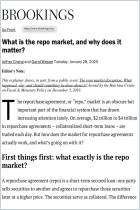
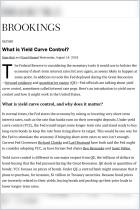
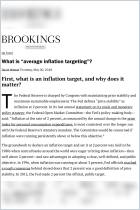



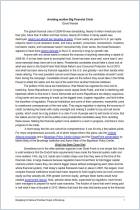

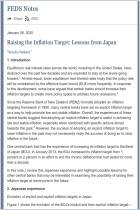

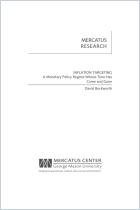
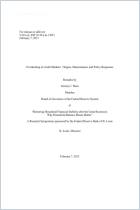
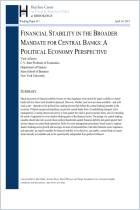

Comment on this summary or 开始讨论